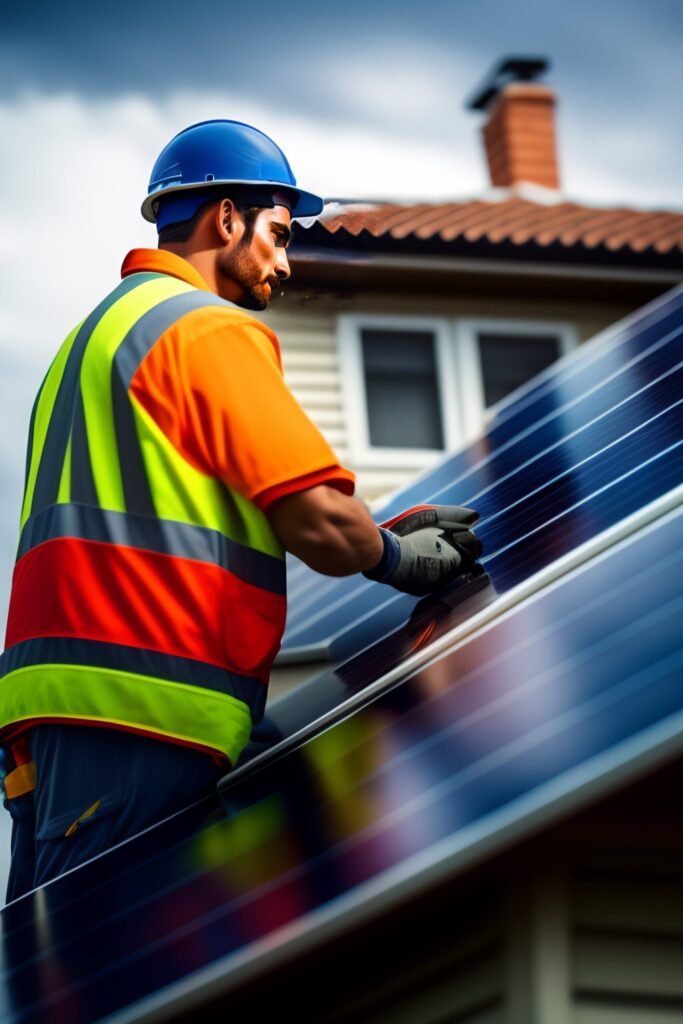Solar Panels: A Detailed Look at Costs, Maintenance, and Lifetime Savings
BOSTON – The prospect of installing a solar panel system is often met with hesitation, primarily due to the perceived high costs of installation and maintenance. However, this viewpoint overlooks the significant financial benefits that solar panels can offer in the long run. In reality, the costs associated with solar panels have been steadily decreasing, making them an increasingly viable option for homeowners looking to save on their electricity bills.
Solar panels are indeed an investment, but it’s an investment that pays off over time. In the past decade, the solar industry has seen remarkable advancements. Residential solar panel systems have evolved to become more efficient, affordable, and easier to maintain than ever before. This evolution has made solar energy accessible to a broader range of homeowners.
In this blog, we aim to demystify the costs associated with solar panels by providing a detailed breakdown of installation and maintenance expenses. We also offer insights into how you can maximize your return on investment when opting for solar panels.
Installation Costs
The initial cost of installing a solar panel system is the most significant expense. This cost varies depending on several factors, including the size of the system, the type of panels used, and the complexity of the installation. On average, the price of solar panels has dropped significantly, making them more affordable for the average homeowner. Additionally, various federal, state, and local incentives and rebates can further reduce the upfront cost.
Maintenance Costs
Once installed, solar panels require minimal maintenance. They are designed to withstand harsh weather conditions and have long lifespans, often exceeding 25 years. Routine maintenance primarily involves keeping the panels clean and ensuring they are free of debris. In most cases, the maintenance costs are relatively low, especially when compared to the maintenance costs of other home energy systems.
Maximizing Return on Investment
To maximize the return on your solar panel investment, it’s essential to consider the following:
- Energy Efficiency: Before installation, improve your home’s energy efficiency. This can be achieved by insulating your home, using energy-efficient appliances, and adopting energy-saving habits. The more energy-efficient your home is, the fewer solar panels you’ll need, reducing the initial investment.
- Proper Installation: Ensure that your solar panels are installed by a certified professional. Proper installation is crucial for the optimal performance of the system.
- Utilize Incentives: Take full advantage of available tax credits, rebates, and incentives. These can significantly lower your initial investment and shorten the payback period.
- Monitor Your System: Regularly monitor your solar panel system’s performance. This will help you identify any issues early on and ensure your system is operating at peak efficiency.
In conclusion, while the initial cost of solar panel installation may seem daunting, the long-term savings on electricity bills and minimal maintenance costs make it a worthwhile investment. With the decreasing costs of solar technology and the availability of various incentives, solar panels are an increasingly attractive option for homeowners seeking to reduce their energy costs and environmental footprint. By understanding the costs and maximizing the efficiency of your solar panel system, you can enjoy substantial savings for years to come.






